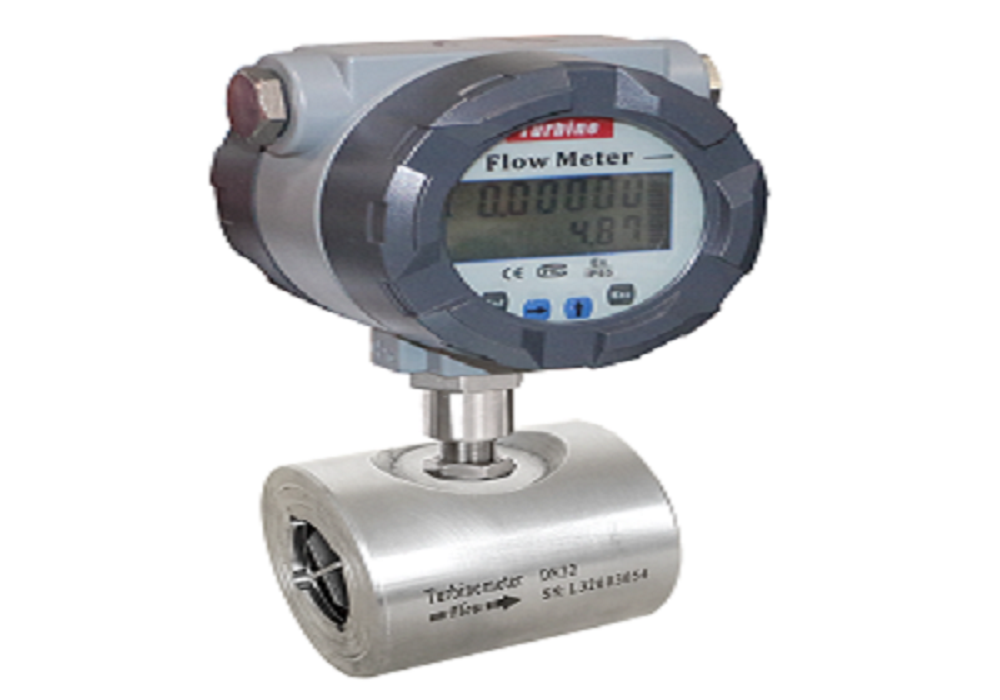Natural Gas Flow Meters: A Comprehensive Guide
There is no doubt that accurate and efficient measurement of natural gas flow has become increasingly important in industrial operations. A versatile and widely used energy source, natural gas powers a wide range of industrial processes. In order to optimize performance and resource management, industries employ sophisticated devices called natural gas flow meter. As the author examines the intricacies of these meters, he explains their types, applications, and working principles, as well as the importance of accurate measurements across various fields.
The Natural Gas Flow Meter: An Overview
Flow meters for natural gas are of the following types:
The most common types of natural gas flow meters are differential pressure meters, turbine meters, ultrasonic meters, and vortex meters, which are all tailored to specific applications. For an industrial process, choosing the most appropriate meter requires understanding the strengths and limitations of each type.
Across a range of industries:
A natural gas flow meter can be used in a wide range of industries, including oil and gas, chemicals, manufacturing, and power generation, among others. Gas flow can be precisely monitored and controlled using these devices in processes such as heating, combustion, and chemical reactions thanks to their versatility.
Principles of Work
Pressure differential meters:
By measuring this pressure difference and calculating the flow rate, these meters work on the principle that the pressure drop across a constriction in a pipe is proportional to the square of the flow rate.
A turbine meter is a:
A turbine meter measures gas flow rates by rotating a turbine within the stream, the rotation speed being directly proportional to the gas flow rate.
Using ultrasonic meters:
Gas flow is measured with precision with ultrasonic meters by measuring the propagation time of ultrasonic pulses upstream and downstream.
The vortex meter:
The Vortex Meter relies on the Karman vortex street phenomenon, where vortices are shed behind a bluff body to measure flow.
Measurement Accuracy
Efficient processes:
Gas flow measurement is crucial for maximizing productivity. It is crucial for industries to monitor and control combustion rates, heat processes, chemical reactions, and chemical reactions, to ensure they maintain optimal process efficiency.
Managing resources:
The efficient and effective management of resources relies on accurate flow measurements. By understanding and controlling natural gas consumption, industries can minimize waste, reduce costs, and enhance overall sustainability.
Regulations and safety:
A safe working environment is of paramount importance in industrial settings, which is why accurate flow measurements are crucial to complying with environmental regulations and ensuring compliance with safety protocols.
Innovating for the future:
Embedding IoT and digitization
Natural gas flow meters are increasingly integrated with digital technology and the Internet of Things. Real-time monitoring, remote access, and predictive maintenance capabilities are all contributing to increased efficiency and reliability.
Technologies for sensing:
As sensor technologies advance, accuracy and reliability of flow measurements continue to improve. These advances include more rugged and durable sensors that can withstand harsh industrial environments. Get more info about insertion flow meter.
In summary:
Industrial processes can be optimized by using natural gas flow meters, which ensure efficiency, resource management, and compliance with safety regulations. As technology continues to evolve, the integration of digital solutions and advances in sensor technologies will further enhance the capabilities of these meters. If businesses want to get the most out of natural gas flow meters, they must stay on top of these developments. Choosing the right type of meter and prioritizing accuracy can pave the way for a more efficient and sustainable industrial process in the future.




Comments
Post a Comment